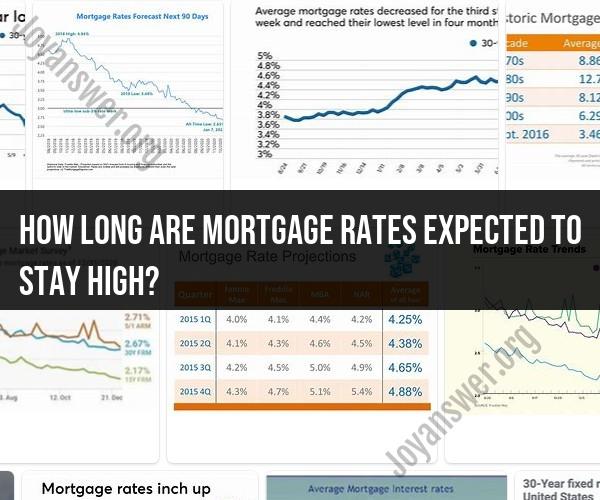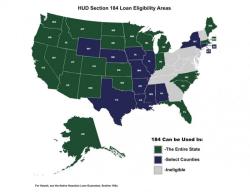How long are mortgage rates expected to stay high?
Mortgage rates are influenced by a variety of factors, and predicting their future movements can be challenging. Several factors can influence the duration of high mortgage rates:
Economic Conditions: Economic conditions play a significant role in mortgage rate trends. During periods of strong economic growth, mortgage rates tend to rise as demand for borrowing increases. Conversely, during economic downturns, rates may decrease as central banks implement policies to stimulate economic activity.
Inflation: Inflation erodes the purchasing power of money over time. When inflation expectations rise, lenders may demand higher interest rates to compensate for the expected loss in the real value of money. This can lead to higher mortgage rates.
Central Bank Policies: The policies of central banks, such as the Federal Reserve in the United States, have a direct impact on short-term interest rates. Changes in these rates can indirectly affect longer-term mortgage rates.
Global Economic Conditions: Mortgage rates can also be influenced by global economic conditions, especially in cases where global events impact investor sentiment and capital flows.
Housing Market Conditions: The state of the housing market can influence mortgage rates. In a robust housing market with strong demand for loans, lenders may be more willing to offer lower rates. Conversely, in a housing market downturn, rates may rise.
Government Policies: Government policies and regulations can affect mortgage rates. For example, government-backed mortgage programs like those offered by the FHA or VA may have different rate dynamics compared to conventional loans.
Investor Sentiment: Mortgage-backed securities (MBS) play a crucial role in determining mortgage rates. Investors in MBS are influenced by market sentiment, economic indicators, and bond market dynamics, which can lead to fluctuations in mortgage rates.
Geopolitical Events: Unexpected geopolitical events, such as wars, natural disasters, or major political shifts, can impact financial markets and lead to fluctuations in interest rates, including mortgage rates.
Given the complexity of these factors and their interplay, it's challenging to provide a precise forecast for how long mortgage rates will remain high. Economic analysts and experts often provide short- to medium-term forecasts, but long-term predictions are subject to more uncertainty.
If you're considering a mortgage or are concerned about rising rates, it's a good idea to stay informed about economic trends and regularly check with mortgage lenders or financial experts for updates and advice tailored to your specific situation. Additionally, you may want to explore options such as locking in a fixed-rate mortgage if you're concerned about potential rate increases.












